…
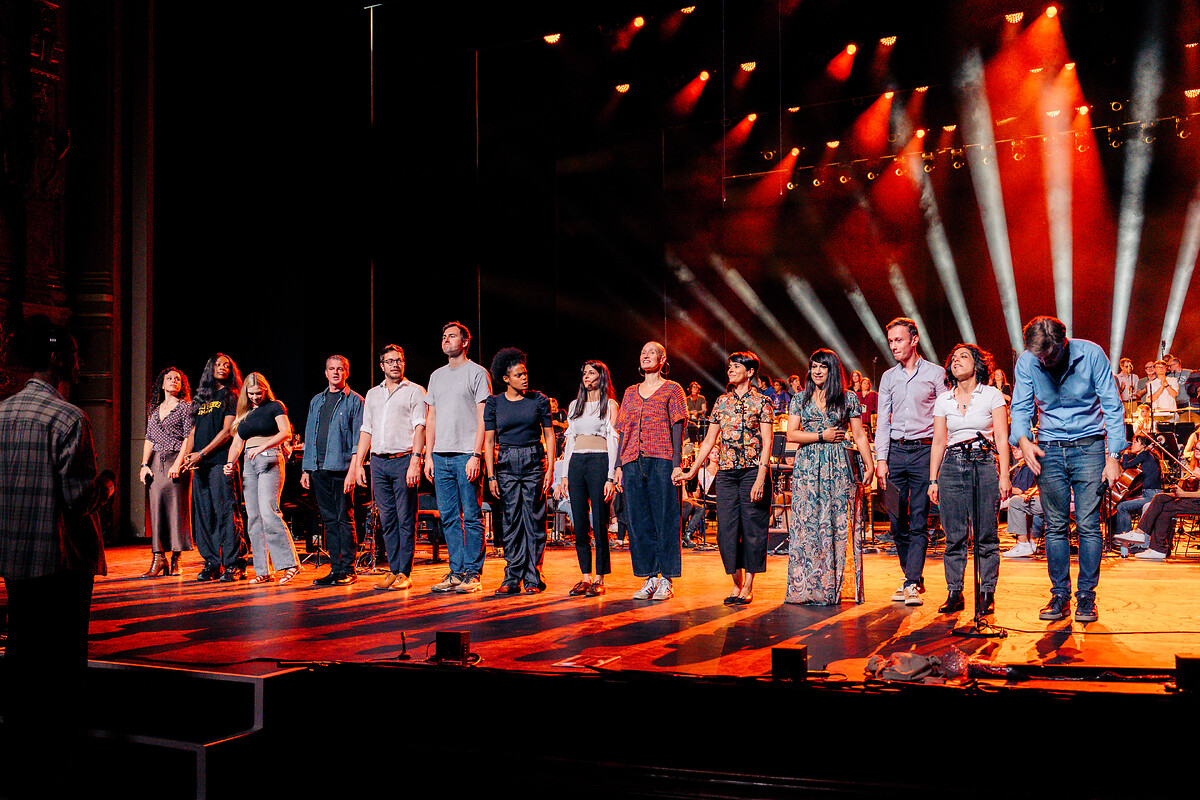
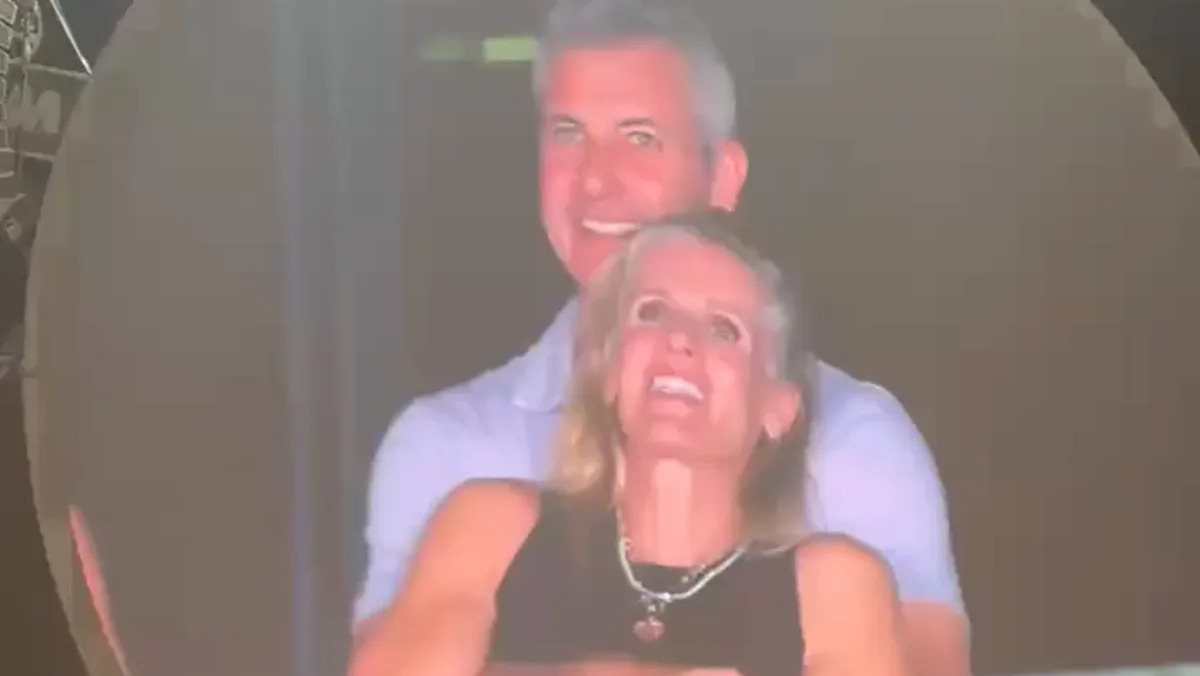
The woman who was caught canoodling with her boss on the “kiss cam” at a Coldplay concert in July is speaking out for the first time since the viral incident.
In interviews with the New York Times and the Times of London published on Thursday,…

Cycling fans desperate to shed any pounds they pile on from stuffing themselves with turkey and Christmas pud will again be flocking to an Erewash town on Boxing Day – as they take to the saddle to slog their way up its notoriously steep…
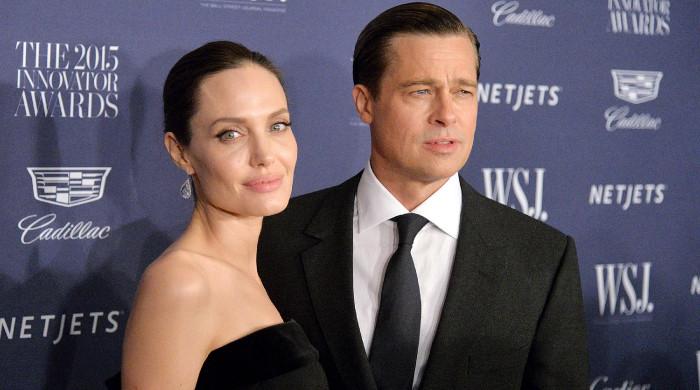
Angelina Jolie and Brad Pitt have been embroiled in the legal war over their shared French winery for years, but it appears it might conclude…
Norfolk, VA (December 19, 2025)— Nauticus’ Winterfest on the Wisconsin has been crowned the winner of ABC’s The Great Christmas Light Fight in the 2025 Heavyweight Division. The nationally televised episode, which aired December 18,…
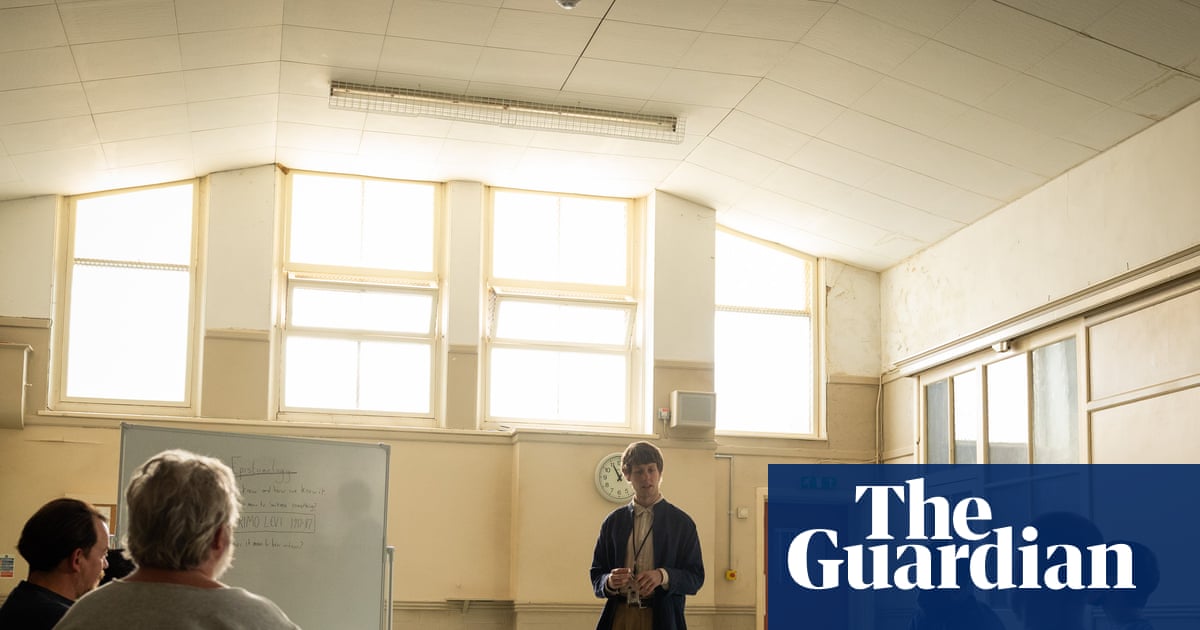
Writer Dennis Kelly has a few mantras he’s always lived by. They’re all there, clearly defined in his very earliest interviews, right from the start of his career. Write like you mean it (perhaps that’s why his plays have so much heart and…

The judges have officially selected the winners of the fall anniversary edition of the 2025 CBC Music Class Challenge, powered by MusiCounts.
As a reminder, here are the prizes available for the following categories: the first-place winners will…

Causeway Coast and Glens Arts Services are delighted to launch the January – April 2026 Arts Guide.
Showcasing a vibrant programme of live performance, exhibitions, film, creative workshops and community activity at Roe Valley Arts and…
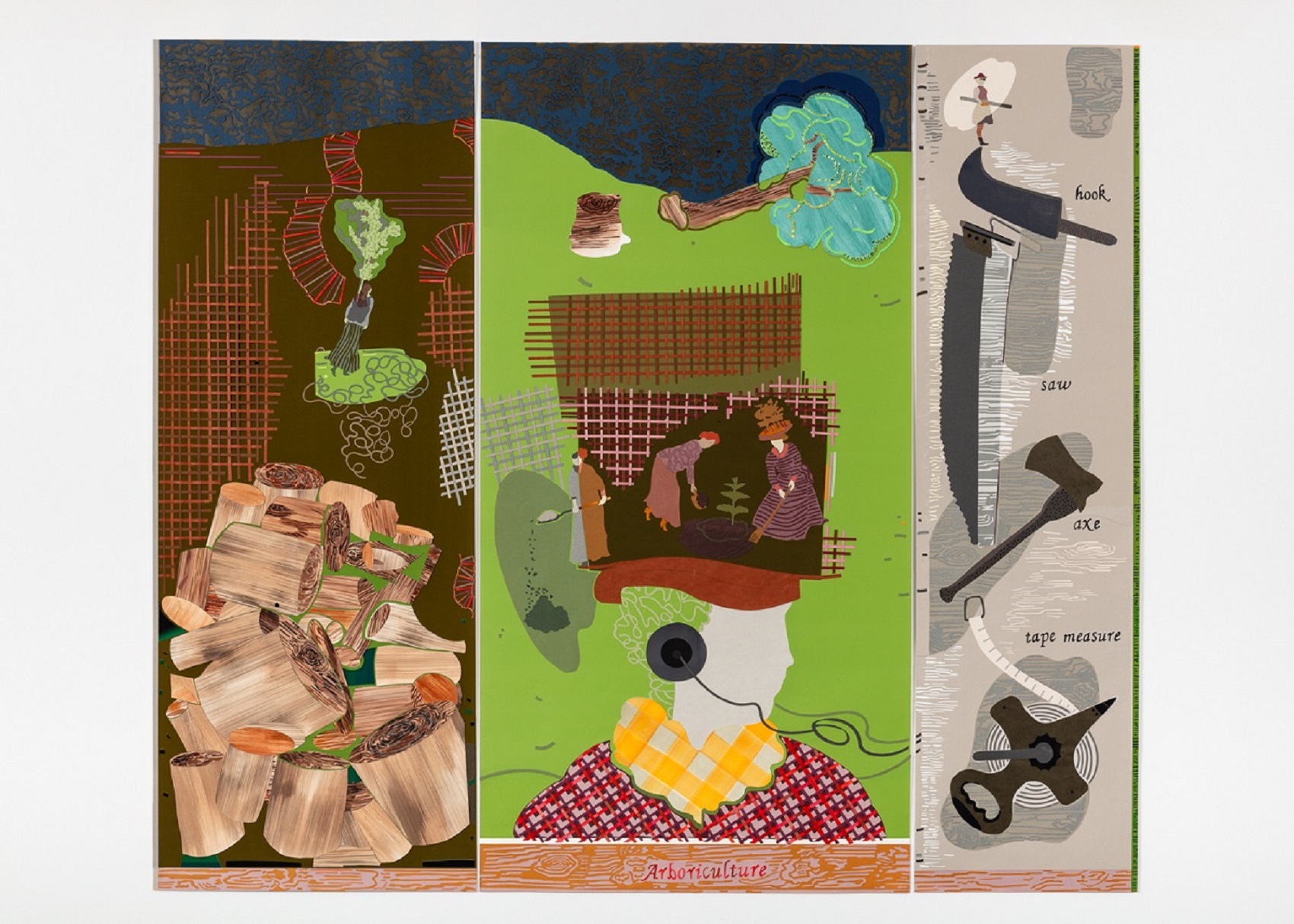
Published: Friday, 19th December 2025
‘Women Portraits: Trades & Professions’ is a fascinating…
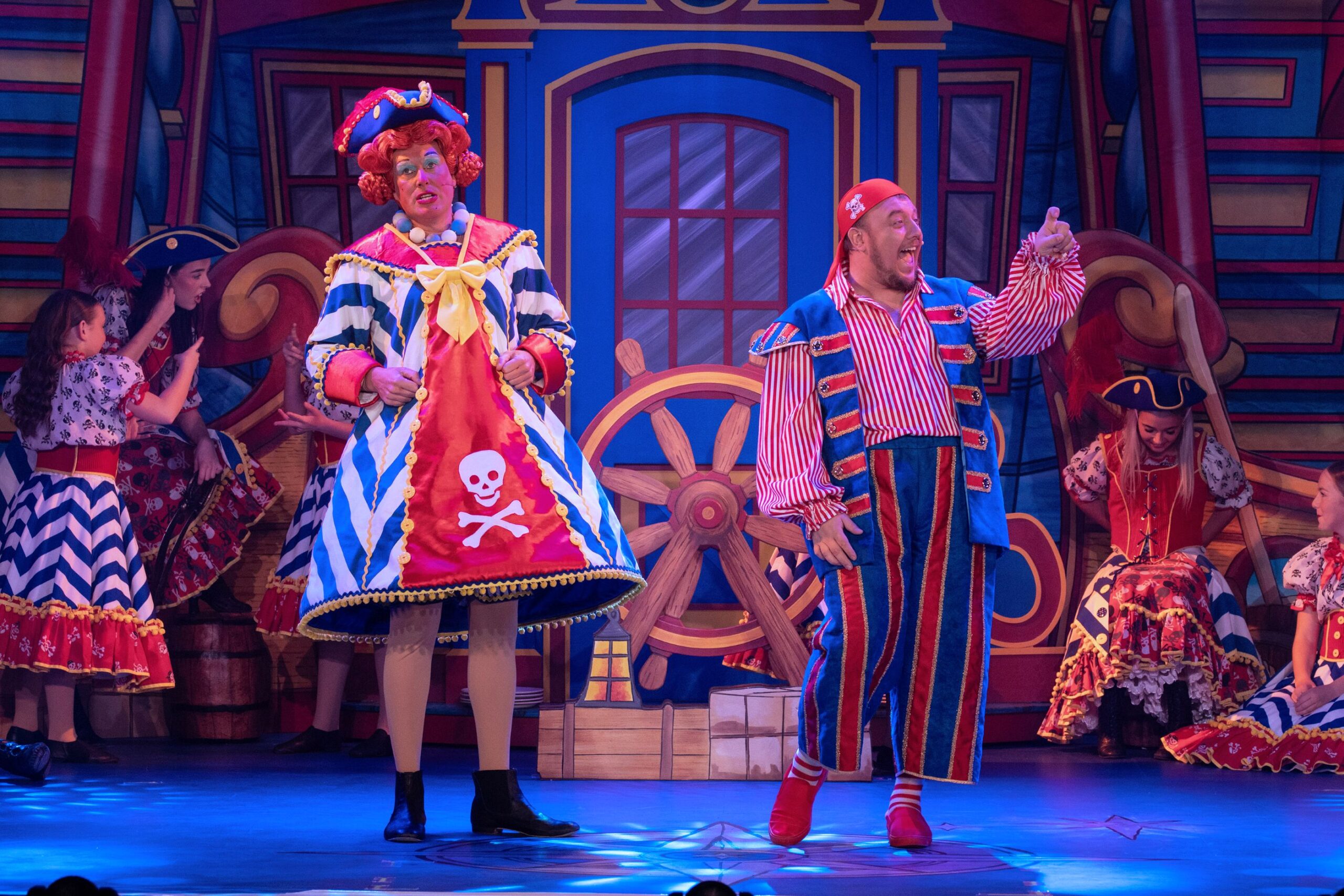
It’s your last chance to sprinkle some festive magic on your Christmas – because The Magical Adventures of Peter Pan at Clacton’s Princes Theatre takes its final bow on 29 December.
This dazzling pantomime has been wowing audiences with…